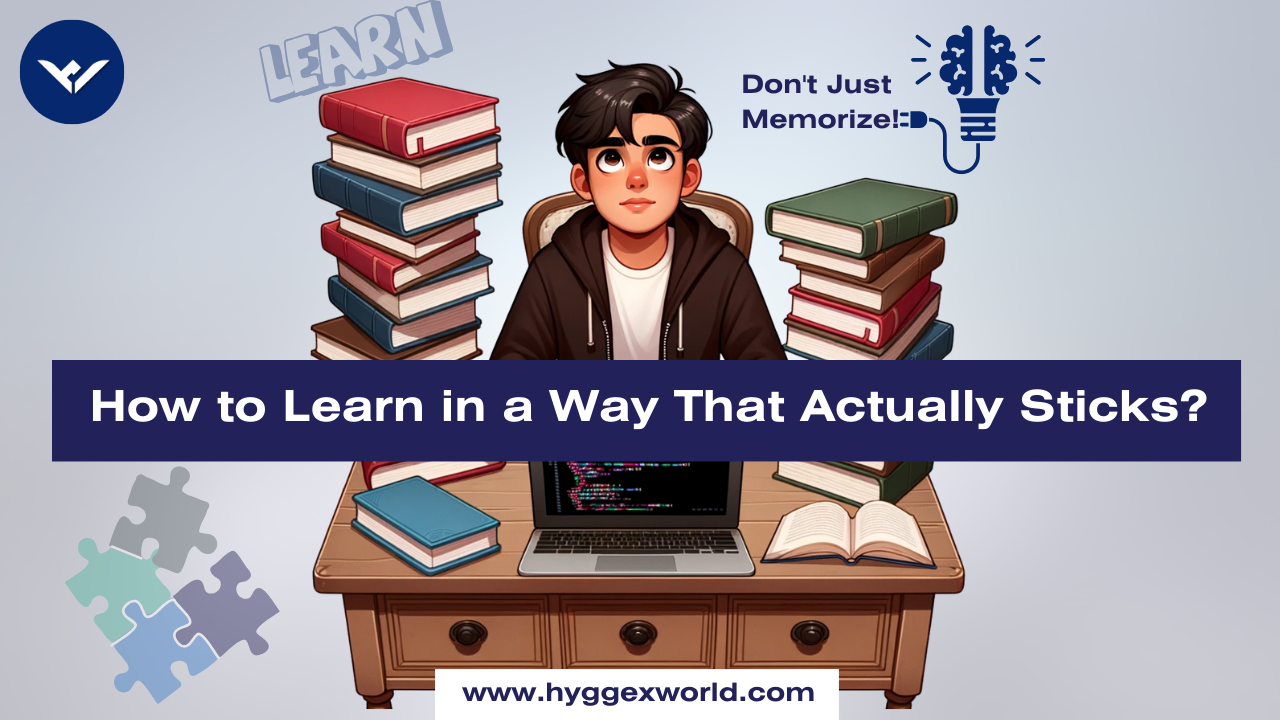
Have you ever spent hours memorizing information for a test, only to forget it all a few days later? If so, you’re not alone. Many students rely on rote memorization, but it’s not the most effective way to learn. In this blog post, we’ll discuss what meaningful learning is and how you can use it to learn in a way that actually sticks.

Learning is an ongoing journey, and it’s crucial to understand that there’s no single approach that works for everyone. But, there are certain fundamental principles that can help every student learn more effectively. Among these principles, the most critical is to focus on meaningful learning rather than mindless memorization. By adopting this approach, students can engage more deeply with the subject matter, develop a more profound understanding of the concepts, and ultimately achieve tremendous success in their academic pursuits. So, if you’re looking to make the most of your learning journey, make meaningful learning your top priority!

The Limitations of Rote Memorization
Rote memorization is the process of memorizing information without understanding it. Although it can be helpful in some situations, such as when you need to remember a specific piece of information for a short period, there are more effective ways to learn in the long term. The data is often forgotten once the test is over or the skill is no longer needed.

The Advantages of Meaningful Learning
On the other hand, meaningful learning involves understanding and connecting new information to what you already know. It requires critical thinking about the data and making it relevant to your own life. This approach is more effective than rote memorization because it leads to a deeper understanding of the material and a longer retention of information.
Universal Tips for Effective Learning
Here are some tips that can help all students learn more effectively, regardless of their abilities:
- Connect new information to what you already know: This is also known as prior knowledge. When you link new information to concepts you already understand, it becomes easy to comprehend and remember. For example, if you are learning about the water cycle, you could think about how it affects your daily life, such as when you drink water or shower.
- Ask questions: Asking questions is a great way to learn. If you need help understanding something, ask questions. This will help you get the clarification you need and learn the material more deeply. You can ask questions of your teacher, a tutor, or a classmate. Feel free to ask as many questions as you need to understand the concept.
- Teach someone else: Teaching someone else requires critical thinking about the information and ensures that you understand it well enough to explain it to someone else. This is also known as the Feynman Technique. Teaching someone else is one of the best ways to learn and retain information. In the process, you will discover gaps in your knowledge and learn how to fill them.
- Take breaks: It is of utmost importance to take breaks when you are studying. This will help you stay focused and avoid getting overwhelmed. Take a break every 20-30 minutes or a more extended break every hour. When you take breaks, your brain has time to rest and retain what you have learned.
- Use a variety of learning methods: Everyone has a different learning style. Some people learn better by reading, while others learn better by listening or doing. Use a variety of learning methods, such as reading, writing, listening, and doing, to find the ways that work best for you. For example, if you are learning about a historical event, you could read about it, watch a documentary, or listen to a podcast.
Additional Tips for Students with Specific Learning Disabilities
Here are some additional tips for students with specific learning disabilities:
- If you have dyslexia, try using assistive technology tools, such as text-to-speech software or audiobooks. This will help you comprehend the information better.
- If you have ADHD, try breaking down tasks into smaller steps and taking breaks often. Doing this will help you stay focused and avoid getting overwhelmed.
- If you have autism, try finding a learning environment that is comfortable for you and using sensory aids as needed. It would help if you were comfortable and relaxed to learn effectively.
Regardless of your learning style, there are ways to learn effectively. By following these tips, you can develop the skills you need to succeed in school and in life. Try HyggeX’s Learning Assessment and know your weaknesses and turn them into your strength with help of HyggeX: Click Here

